Google, Meta, and others will have to explain their algorithms under new EU legislation
The Digital Services Act will reshape the online world
https://www.theverge.com/2022/4/23/23036976/eu-digital-services-act-finalized-algorithms-targeted-advertising
The EU has agreed on another ambitious piece of legislation to police the online world.
- argeted advertising based on an individual’s religion, sexual orientation, or ethnicity is banned. Minors cannot be subject to targeted advertising either.
- “Dark patterns” — confusing or deceptive user interfaces designed to steer users into making certain choices — will be prohibited. The EU says that, as a rule, canceling subscriptions should be as easy as signing up for them.
- Large online platforms like Facebook will have to make the working of their recommender algorithms (used for sorting content on the News Feed or suggesting TV shows on Netflix) transparent to users. Users should also be offered a recommender system “not based on profiling.” In the case of Instagram, for example, this would mean a chronological feed (as it introduced recently).
- Hosting services and online platforms will have to explain clearly why they have removed illegal content as well as give users the ability to appeal such takedowns. The DSA itself does not define what content is illegal, though, and leaves this up to individual countries.
- The largest online platforms will have to provide key data to researchers to “provide more insight into how online risks evolve.”
- Online marketplaces must keep basic information about traders on their platform to track down individuals selling illegal goods or services.
- Large platforms will also have to introduce new strategies for dealing with misinformation during crises (a provision inspired by the recent invasion of Ukraine).
hese tech companies have lobbied hard to water down the requirements in the DSA, particularly those concerning targeted advertising and handing over data to outside researchers.
https://www.universityworldnews.com/post.php?story=20211119103816587
“Our line is very clear: until we have clear responses from the other side on how these aspects will be treated, we are not going to support our companies through our supporting programmes (such as Horizon) in innovation with Chinese counterparts – whether these are companies or universities or research organisations
Gig economy: Europe tells companies to negotiate with workers or face new laws – Europe’s lawmakers have a message for “gig-economy” companies—get negotiating with unions and other workers’ representatives, or face new EU-wide legislation. from r/Futurology
https://fortune.com/2021/02/24/gig-economy-europe-worker-rights-eu/
Around 11% of the EU’s workforce—so, 24 million people—is estimated to have provided services through digital platforms at least once. Of those, 3 million do so for their primary source of income, 9 million for their secondary source, and nearly 7 million as an occasional income source.
Uber, notably, has already tried to lobby EU legislators on the topic. Early last week, it released a white paper arguing for a similar regulatory approach to that taken in California, where voters last November backed a ballot initiative cementing independent contractor status for Uber’s and Lyft’s drivers.
However, that argument was undermined within days by the U.K.’s Supreme Court, which unanimously ruled that Uber’s drivers are in fact workers rather than independent contractors, and therefore deserve the minimum wage and annual paid leave.
++++++++++++++++
more on gig economy in this IMS blog
https://blog.stcloudstate.edu/ims?s=%22gig+economy%22
+++++++++++++
more on Facebook in this IMS blog
https://blog.stcloudstate.edu/ims?s=facebook
more on GOogle in this IMS blog
https://blog.stcloudstate.edu/ims?s=google
https://mondediplo.com/2020/11/10huawei
Ren, a former engineer with the People’s Liberation Army who went into consumer electronics, played the patriotic card, cautioning Jiang that ‘switching equipment technology was related to national security, and that a nation that did not have its own switching equipment was like one that lacked its own military’ (1). A quarter of a century later, other countries, led by the US, have belatedly grasped the wisdom of Ren’s remarks; the technology in question today is 5G
The company operates networks in 170 countries and employs more than 194,000 people.
This summer it overtook Samsung as the world’s biggest seller of smartphones… boast some of the most advanced artificial intelligence capabilities on the market.
spending more than 10% of its annual profits on research and development. In 2019 it spent over $15bn — more than Apple and Microsoft — and the budget for 2020 is $20bn. (For comparison, the R&D spend of the entire German car industry in 2018 was roughly $30bn.)
Huawei and 5G are only a small part of a much larger geoeconomic and geopolitical struggle in which China is trying to gain the upper hand over the US.
Washington’s campaign against Chinese tech includes firms such as the state-owned ZTE, another important player in the 5G field, WeChat and TikTok and many other lesser-known companies. But Huawei is its main target.
Washington sees Huawei as an arch-example of China’s rogue behaviour (widely mistaken for meritocratic market success) — stealing intellectual property, bullying partners and undercutting competitors
The EU has failed to agree a common policy on 5G.
++++++++++++++
more on Huawei in this IMS blog
https://blog.stcloudstate.edu/ims?s=huawei
International Conference on ICT enhanced Social Sciences and Humanities 2020
Home
https://ictessh.uns.ac.rs/
- a three-day virtual conference,
- free to attend,
- the attractive topic and nice program with 17 papers presentations and a panel discussion,
- 2 workshops and 1 training,
- an ICT quiz with 500 euros prize award for the winner,
Dates of the conference: June 29th – July 1st, 2020

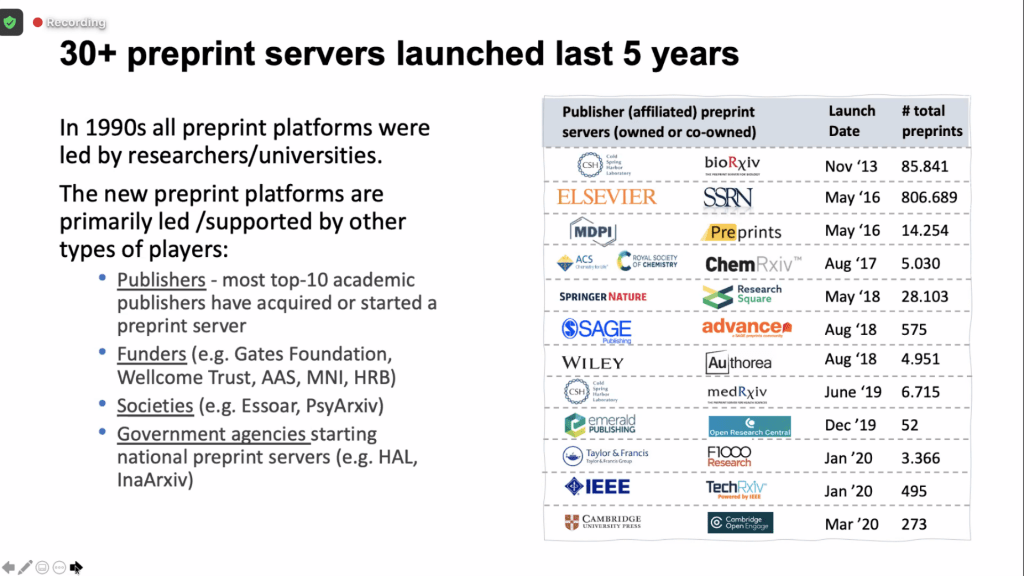
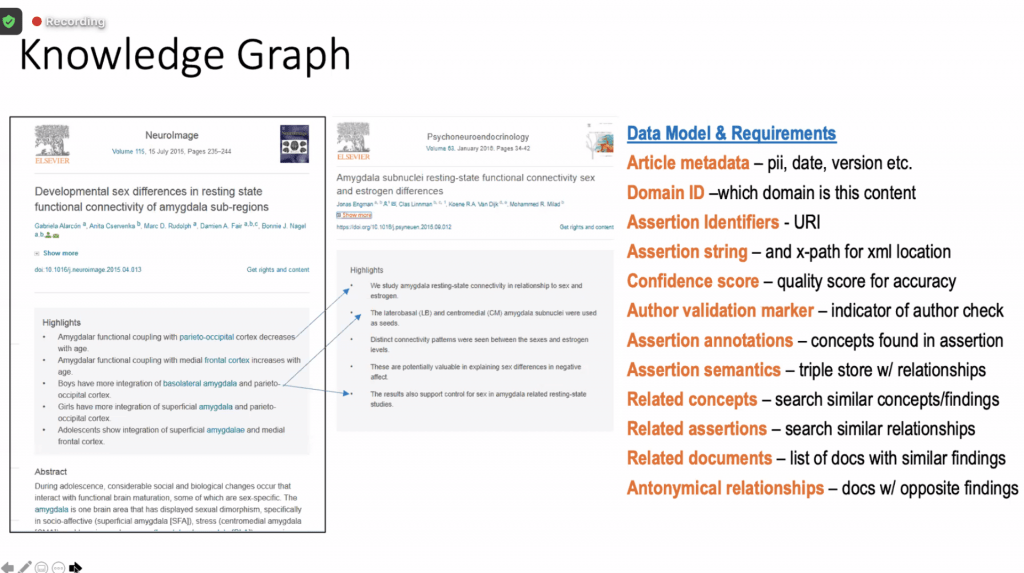
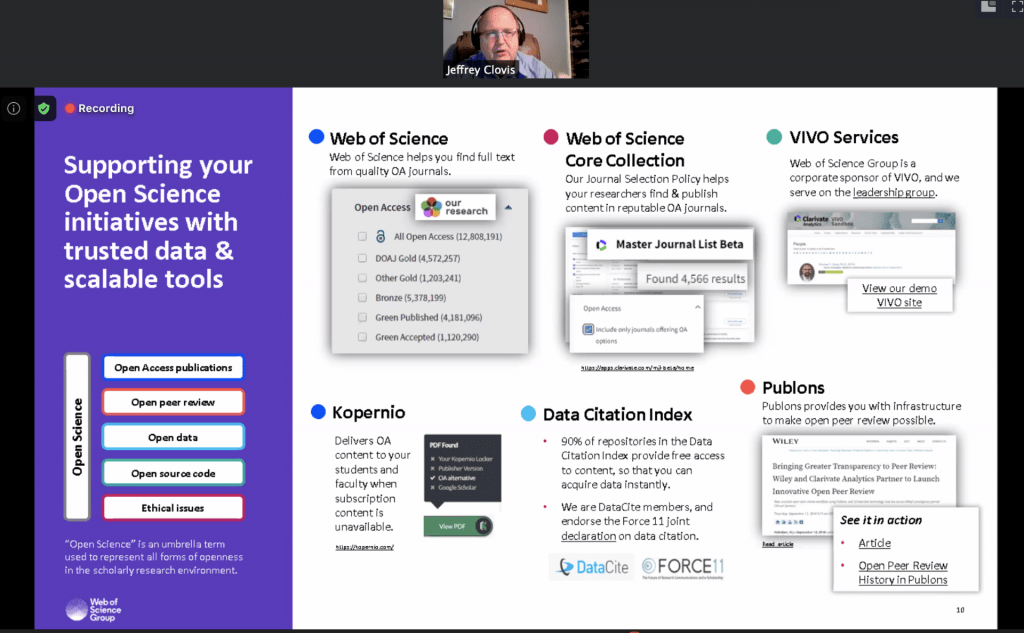






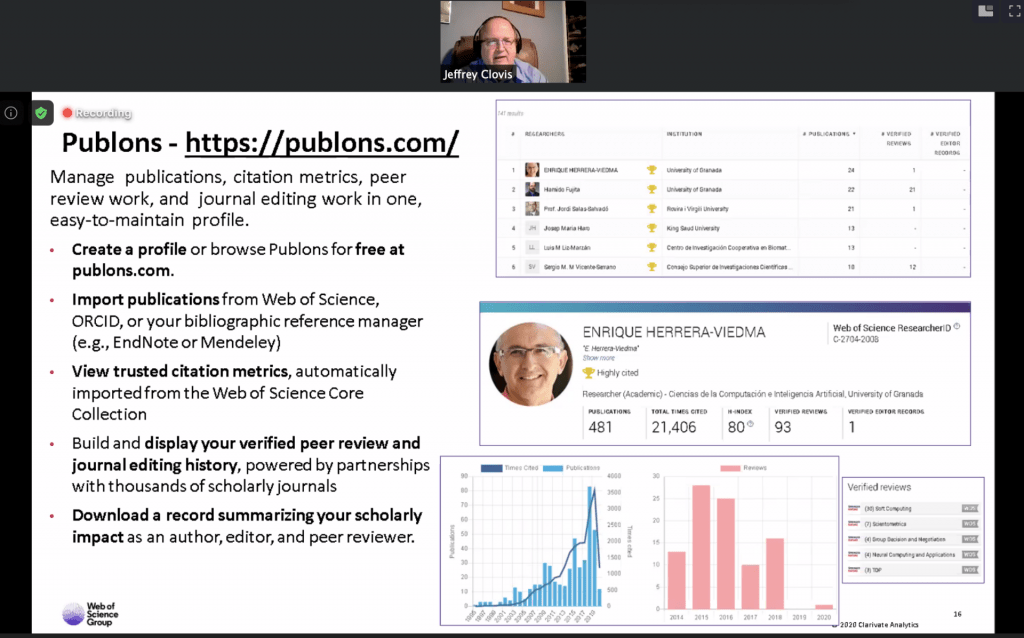
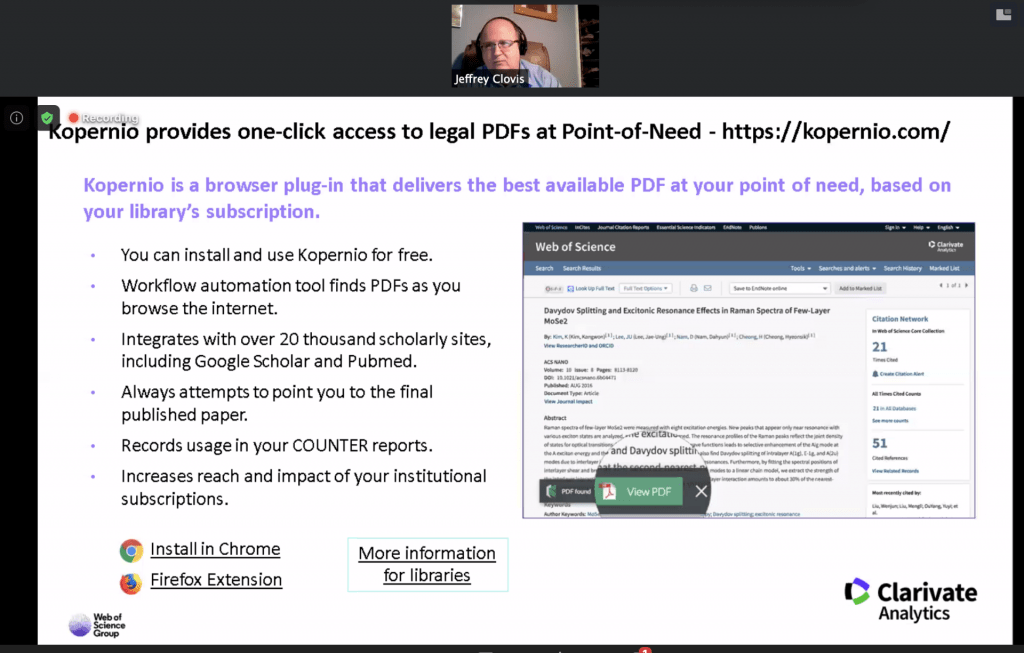 Jeff Clovins, Clavirate Analytics
Jeff Clovins, Clavirate Analytics

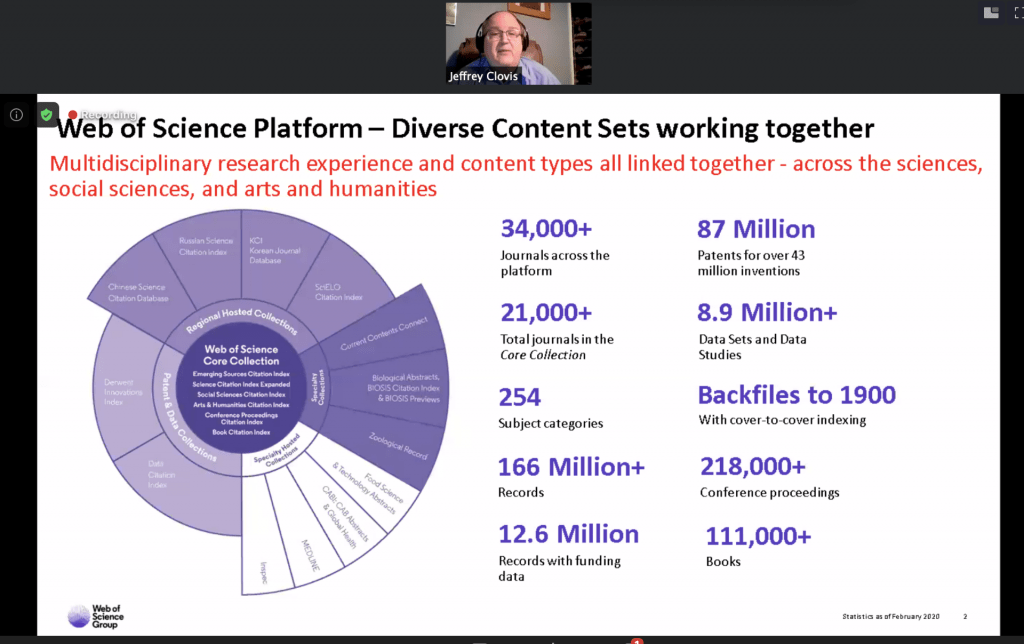
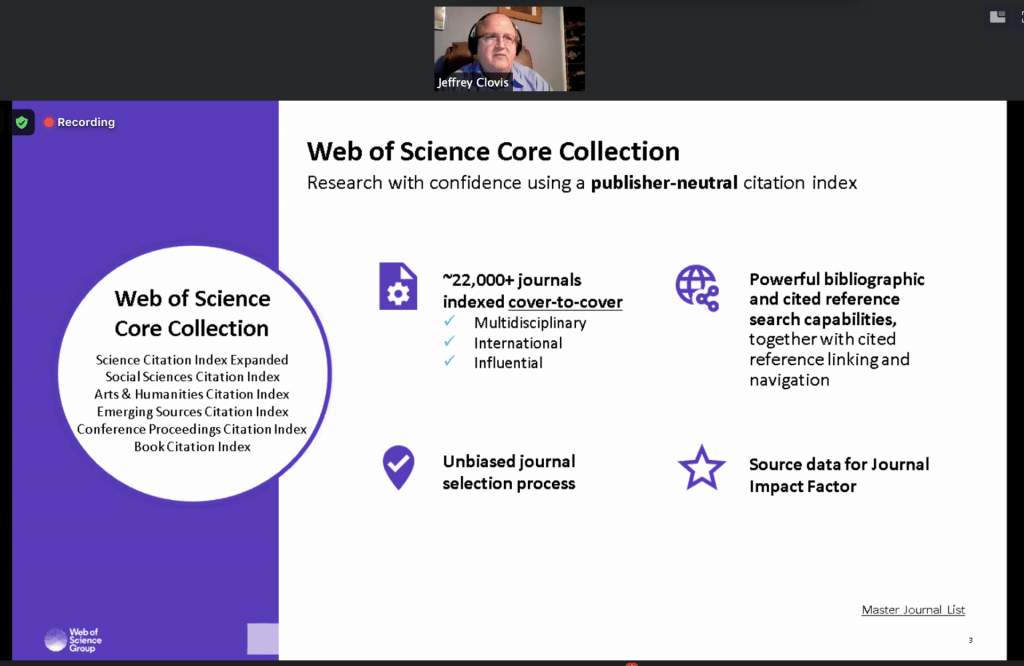
Wednesday, June 1
Challenges to Social Sciences and Humanities
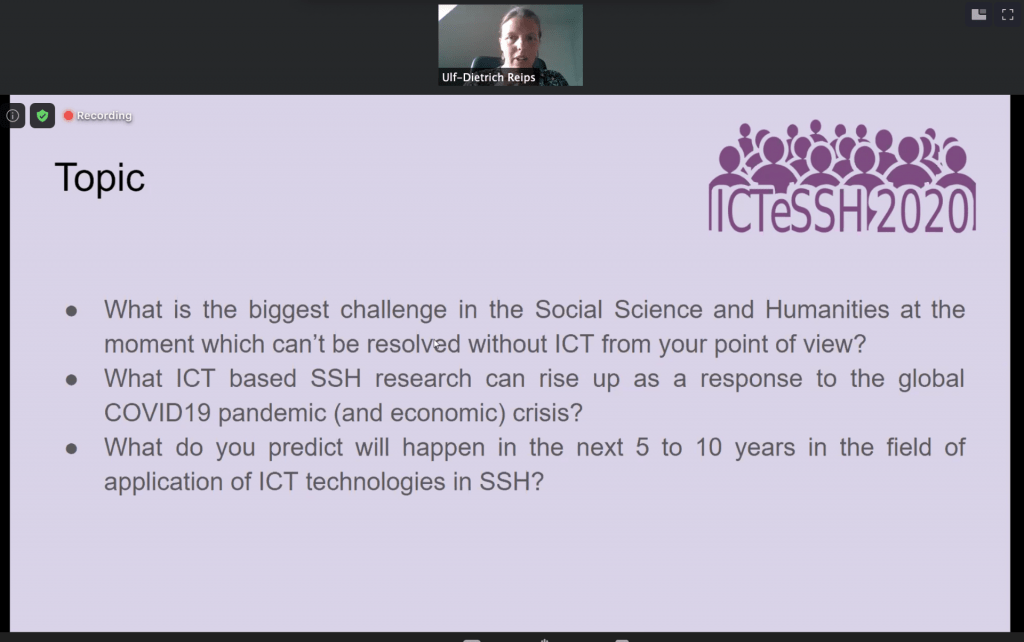
https://www.researchgate.net/publication/231020178_Migration_and_Diaspora_in_the_Age_of_Information_and_Communication_Technologies
Best practices: Two Web-browser-based methods for stimuluspresentation in behavioral experiments with high-resolution timingrequirementsPablo Garaizar1&Ulf-Dietrich
(PDF) Best practices: Two Web-browser-based methods for stimulus presentation in behavioral experiments with high-resolution timing requirements. Available from: https://www.researchgate.net/publication/328012311_Best_practices_Two_Web-browser-based_methods_for_stimulus_presentation_in_behavioral_experiments_with_high-resolution_timing_requirements [accessed Jul 01 2020].
https://uk.sagepub.com/en-gb/eur/together-apart/book275359
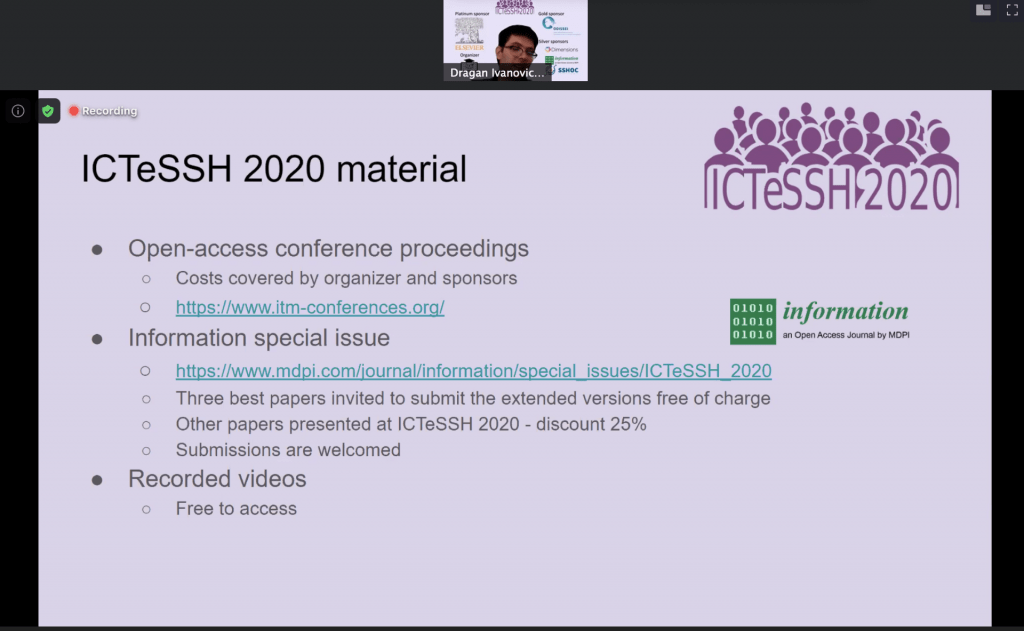
No cookie consent walls — and no, scrolling isn’t consent, says EU data protection body from r/programming
No cookie consent walls — and no, scrolling isn’t consent, says EU data protection body
unambiguous message from the European Data Protection Board (EDPB), which has published updated guidelines on the rules around online consent to process people’s data.
The regional cookie wall has been crumbling for some time, as we reported last year — when the Dutch DPA clarified its guidance to ban cookie walls.
as the EDPB puts it, “actions such as scrolling or swiping through a webpage or similar user activity will not under any circumstances satisfy the requirement of a clear and affirmative action”
++++++++++++++++++++++
more on privacy on this IMS blog
https://blog.stcloudstate.edu/ims?s=privacy















